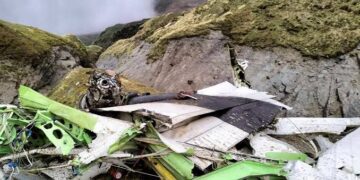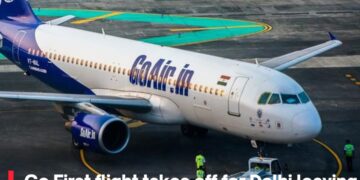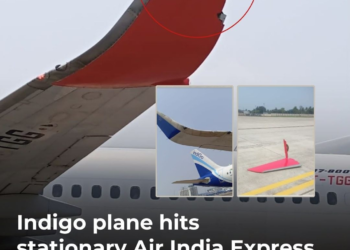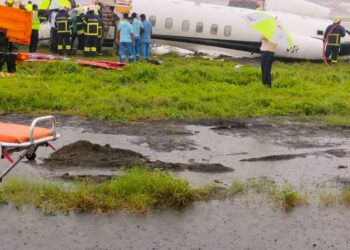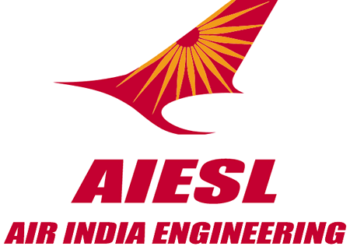Etihad Airways chief Tony Douglas said Tuesday achieving net-zero carbon emissions by 2050 poses the “biggest challenge” for commercial aviation, in a reality check for the industry.
Last year, the International Air Transport Association pledged carbon neutrality by 2050, which is also a target of the United Arab Emirates and several other countries.
“The biggest challenge to commercial aviation is the commitment that’s been made to net-zero carbon emissions by 2050,” the Abu Dhabi-based airline’s CEO told the Global Aerospace Summit in the UAE capital.
“As a gentleman of more mature years, it’s very easy for me and others to sign up to something like that, almost with the anticipation that it will be the next generation who has the responsibility to deliver upon that commitment.”
The aviation industry is among the fastest-growing sources of greenhouse gases, with airlines looking at hydrogen-fuelled aircraft to reduce CO2 emissions.
IATA, which represents 290 airlines accounting for 83 percent of global air traffic, made its net-zero pledge in October.
The UAE, one of the world’s biggest oil exporters, last year also launched a “strategic initiative” targeting carbon neutrality by 2050.
It has in recent years verbally backed the battle against climate change, but — along with fellow Gulf hydrocarbon producers — remains one of the biggest emitters of carbon dioxide per capita.
“I imagine everybody in this room understands that the physics of powered flight render the achievement of that objective (net zero) extremely difficult anytime soon,” Douglas said at the three-day conference.
“Our responsibility as leaders within the aerospace sector is to enable the foundations for the next generation to deliver upon what will ultimately determine who are the winners and who are the losers in commercial aviation.”






